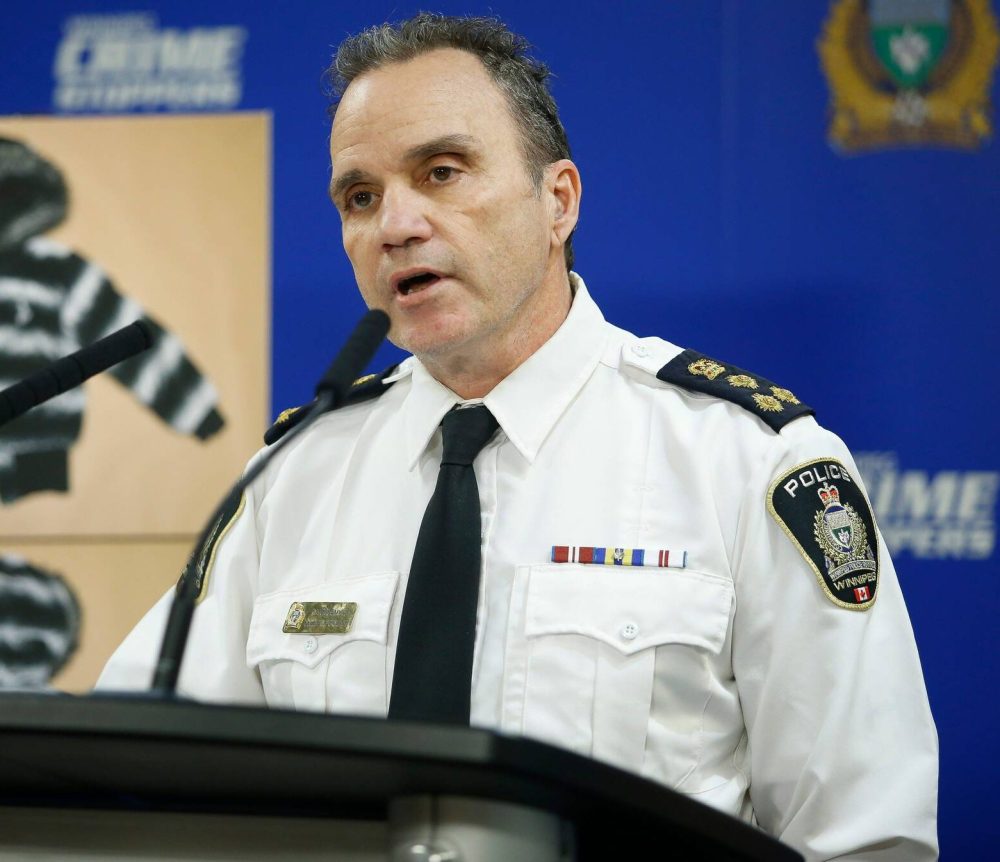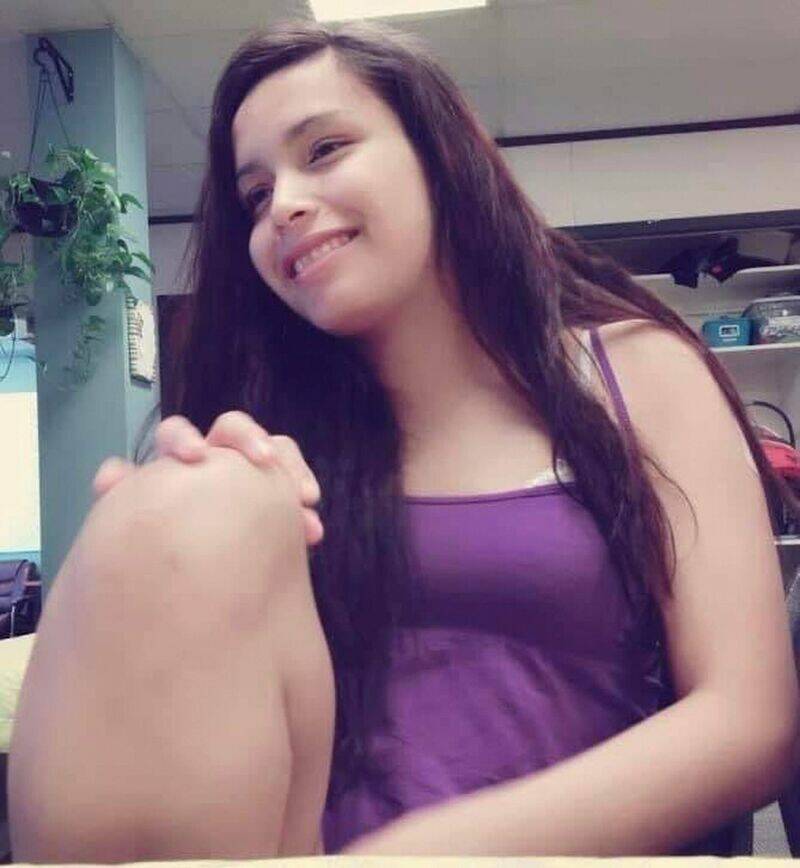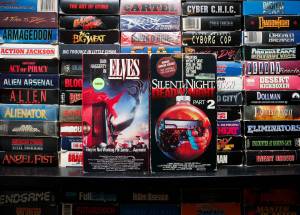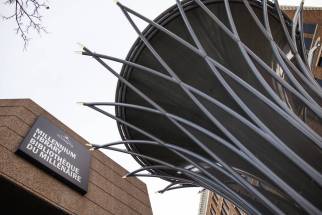Doing the right thing, finally
Read this article for free:
or
Already have an account? Log in here »
To continue reading, please subscribe:
Monthly Digital Subscription
$0 for the first 4 weeks*
- Enjoy unlimited reading on winnipegfreepress.com
- Read the E-Edition, our digital replica newspaper
- Access News Break, our award-winning app
- Play interactive puzzles
*No charge for 4 weeks then price increases to the regular rate of $19.00 plus GST every four weeks. Offer available to new and qualified returning subscribers only. Cancel any time.
Monthly Digital Subscription
$4.75/week*
- Enjoy unlimited reading on winnipegfreepress.com
- Read the E-Edition, our digital replica newspaper
- Access News Break, our award-winning app
- Play interactive puzzles
*Billed as $19 plus GST every four weeks. Cancel any time.
To continue reading, please subscribe:
Add Free Press access to your Brandon Sun subscription for only an additional
$1 for the first 4 weeks*
*Your next subscription payment will increase by $1.00 and you will be charged $16.99 plus GST for four weeks. After four weeks, your payment will increase to $23.99 plus GST every four weeks.
Read unlimited articles for free today:
or
Already have an account? Log in here »
Hey there, time traveller!
This article was published 16/12/2022 (1088 days ago), so information in it may no longer be current.
Is later really better than never?
As the three levels of government scramble to support an Indigenous-led process on plans to search a privately owned landfill north of Winnipeg, we will get to find out whether doing the right thing months after it should have first been done is preferable to doing nothing at all.
There have been quite a few developments this week in the potential search for the remains of Morgan Harris and Marcedes Myran, two of the four women allegedly killed by Jeremy Skibicki.
A committee of Indigenous groups will assemble a group of subject matter experts in forensics and archaeology to devise a plan to search the Prairie Green landfill. Winnipeg police and provincial experts may also be involved.
The simple fact the process has been put into the hands of victims families and Indigenous leaders is promising. So much so it will likely become a model in the event that similar searches are needed in the future.
JOHN WOODS / WINNIPEG FREE PRESS Prairie Green Landfill, north of Winnipeg, was identified by police as one of the possible search sites for the remains of victims of accused serial killer Jeremy Skibicki.
The additional fact government at all levels is supporting but not directing this process is also incredibly positive.
On Friday, Manitoba Premier Heather Stefanson met with Assembly of Manitoba Chiefs Grand Chief Cathy Merrick, and talked with Prime Minister Justin Trudeau, to ensure they could make a unified offer of support to the Indigenous-led committee that will investigate the feasibility of a search for human remains.
Stefanson has secured an agreement from Prairie Green the four-acre site will be closed “indefinitely.”
Meanwhile, Mayor Scott Gillingham and Winnipeg Police Service Chief Danny Smyth have been meeting with Indigenous leaders and the families, both to support the process going forward and to apologize for mistakes made in the recent past.
(Winnipeg Free Press Files) Winnipeg Police Chief Danny Smyth. 
Nobody knows for sure whether these collaborations will lead to the recovery of any remains. Everyone is equally unsure whether these gestures will be enough to rebuild some semblance of trust.
Although there have been some positive signs, the WPS has created a very steep hill to climb.
In May, city police charged Skibicki with first-degree murder in the death of Rebecca Contois, whose partial remains were found in a North Kildonan dumpster and at the Brady Road landfill south of Winnipeg.
In December, three more first-degree charges were laid, one each for the deaths of Harris, Myran and another as-yet unidentified victim (temporarily named Buffalo Woman by elders).
It wasn’t until those three charges were made public that police confirmed they believe the remains of Harris and Myran were somewhere at Prairie Green. However, given the months that had passed since the time of the alleged slayings and remains being trucked to the site (in May), no search would be conducted.
There was anger over that decision and, as more details about what police did and did not do, outrage grew. Eventually, Smyth admitted in a media interview the WPS did not have the expertise to make an informed decision about searching the landfill.
A WPS spokesman later told the Free Press that Smyth did consult with experts but refused to say who. Provincial sources confirmed the WPS did not reach out to the Manitoba Historic Resources Branch, which counts among its staff two experts with hands-on experience searching the B.C. farm of serial killer Robert Pickton.
It was only then, when the families were calling for Smyth’s resignation, everyone started doing what they should have done months ago.
One of the tragic ironies of this case is the failure to seek expert advice in the spring may ultimately leave a black mark on what may turn out to be a real win by police.
It seems increasingly likely one of the reasons — perhaps the greatest — police did not press to search Prairie Green was they felt they did not need the evidence that might be buried there, because they had found other evidence tying the suspect to all four killings.
How else can we explain the fact police were able to determine there were three additional victims and identify two of them?
The big mistake may have nothing to do with the the work of building a case. The error in judgement was viewing the challenge of a landfill search solely through the lens of a criminal investigation, ignoring the emotional and symbolic value of at least attempting find any remains.
Ultimately, the most promising development in this tale of unimaginable tragedy is Indigenous voices will now have the final say on what is appropriate, or enough, moving forward.
This is not, strictly speaking, a second chance for WPS to win back trust. That ship has largely sailed.
However, it’s still an important chance to do the right thing, proving later can still be preferable to never.
dan.lett@freepress.mb.ca

Born and raised in and around Toronto, Dan Lett came to Winnipeg in 1986, less than a year out of journalism school with a lifelong dream to be a newspaper reporter.
Our newsroom depends on a growing audience of readers to power our journalism. If you are not a paid reader, please consider becoming a subscriber.
Our newsroom depends on its audience of readers to power our journalism. Thank you for your support.
History
Updated on Friday, December 16, 2022 9:32 PM CST: Tweaks headline.











